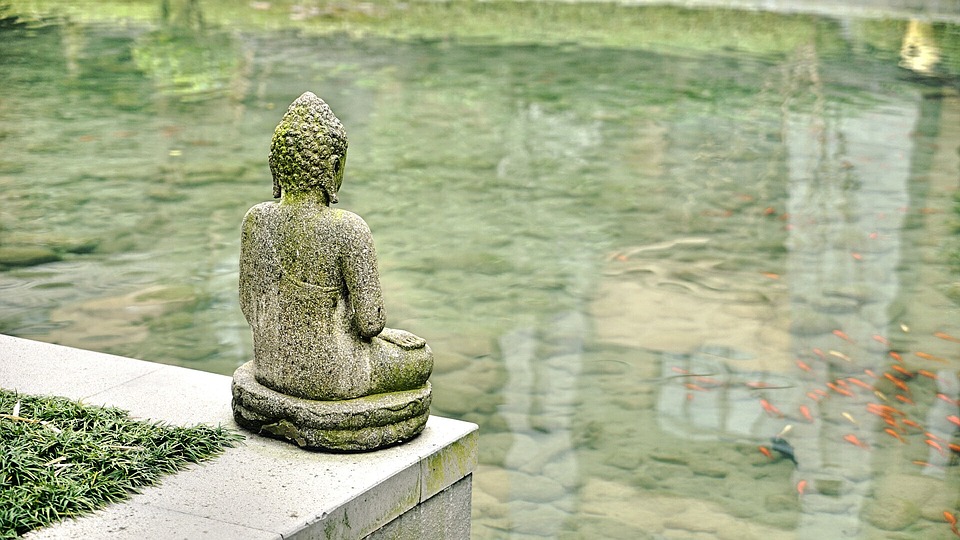“It brings us closer to ourselves and others. It is our fountain of health, our love, curing us from illness and depression. We embrace it with our whole heart and spirit, individually and as a group,” explains the First Church of Cannabis.
On Friday, July 6 Judge Sheryl Lynch dismissed a lawsuit filed by an Indianapolis church that wanted marijuana to be recognized as a sacrament. The First Church of Cannabis filed the lawsuit on grounds that cannabis was considered a sacrament under Indiana’s Religious Freedom Restoration Act. The Church’s hopes have been dashed – the judge ruled that Indiana’s First Church of Cannabis cannot use marijuana as a holy sacrament and that members of the church would not be exempt from state and federal laws banning cannabis.
“Failure to regulate all marijuana in Indiana would leave a gaping hole in our state’s drug prohibitions. There is just no way to tailor these laws more narrowly without undermining the entire enforcement scheme,” Judge Sheryl Lynch wrote.
In her dismissal, Marion County Superior Court Judge Sheryl Lynch said the church’s love for marijuana does not count as practicing a religion. She also opined that allowing exemptions for illegal marijuana use and possession would negatively impact society.
The church argued that the government has no right to decide which religious beliefs should be protected. Scores of religions have accepted cannabis consumption and even encouraged its use. Many ancient and modern religions use marijuana as part of the religious experience and harness the power of this “holy” herb.
In 2015 then-governor of Indiana Mike Pence signed into law the Religious Freedom Restoration Act, known as RFRA. The text says that the state cannot “substantially burden a person’s exercise of religion” unless it is furthering a “compelling government interest” and acting in the least restrictive way possible.
The First Church of Cannabis has its own “Deity Dozen” version of the Ten Commandments that describes cannabis, “the Healing Plant,” as “our sacrament.” Indiana’s First Church of Cannabis sued the state and the city of Indianapolis, claiming the state’s marijuana prohibition laws infringe on the church’s religious beliefs.
The church, which was granted nonprofit status by the Internal Revenue Service in 2015, has pledged to appeal the ruling.
There is something to be said for an experience that helps one gain insight into the soul and feel inner peace. Despite Judge Lynch’s ruling, many people are building religious-minded communities where the common thread is that they use cannabis to positively influence their lives and attain a higher level of spirituality and enlightenment. Cannabis is not the deterrent to religion, but rather, the conduit by which religious awakening may be achieved. Amen.
